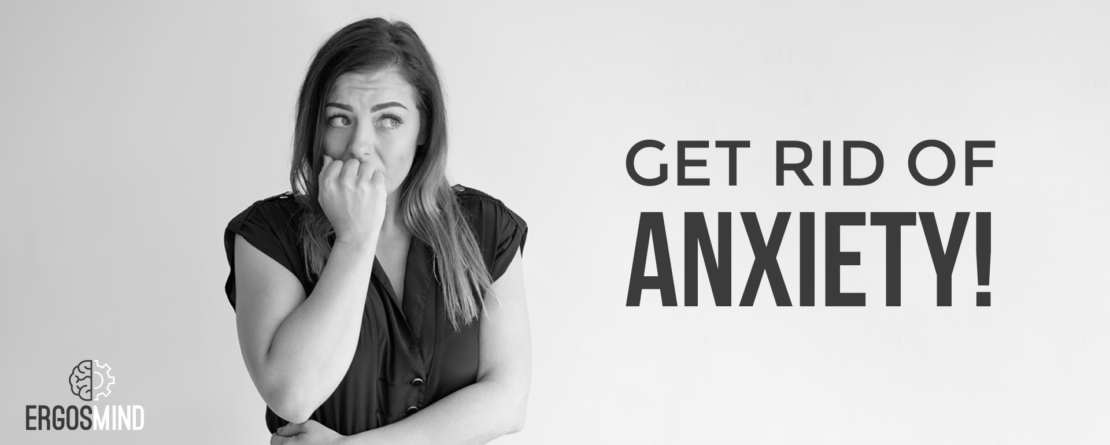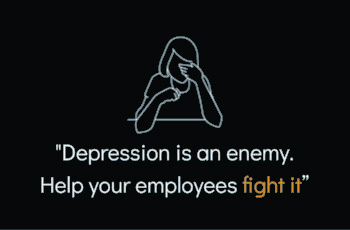Want to Get Rid of Anxiety? Here’s How
All of us experience anxiety at some level. Speaking to a large audience, driving in heavy traffic, or writing an important exam are instances where one can feel anxious. Anxiety becomes a cause for concern when it prevents us from accomplishing everyday tasks.
According to a survey by the World Health Organization (WHO), one in four Indians suffers from anxiety. Sadly, the number of individuals who actively seek help is negligible, leaving the majority of people in anguish without a diagnosis or treatment.
Symptoms
When you feel anxious, you are likely to experience emotional and physical symptoms that take over your ability to have control over your situation. You may experience one or more of the following symptoms:
Emotional Symptoms:
1. Feelings of apprehension
2. Feeling tense or jumpy
3. Feeling uncontrollably restless
4. Easily irritable
5. Anticipating the worst outcome to any situation
Physical Symptoms:
1. Pounding or racing heart
2. Shortness of breath
3. Headaches
4. Fatigue
5. Insomnia
6. Upset stomach, frequent urination, or diarrhoea
Types of Anxiety Disorders
Anxiety is not something that must be taken lightly. It has a strong effect on us, as it kick-starts our natural survival responses into action. When we are anxious, our body and mind are preparing for an emergency, and this means our body is working overtime.
There are various kinds of anxiety disorders, each with varying symptoms. Here are four of the most common ones:
1. Generalized Anxiety Disorder (GAD)
An individual suffering from Generalized Anxiety Disorder experiences intense amounts of worry in their everyday life. This worrying can consume hours each day, making it hard to concentrate on daily tasks.
The constant worrying and distress eventually takes a toll on the individual’s physical and mental wellbeing. Constant exhaustion, headaches, nausea are common symptoms. Worse still, it could also lead to depression.
2. Social Anxiety Disorder
People who experience social anxiety have to face intense fear or worry when it comes to having social interactions. Their mind is overloaded with irrational worries about humiliation and disgrace such as, “Will I say the right thing?”, “What if they make fun of me?”, “I always embarrass myself…”, etc. Such individuals remain aloof or isolated.
3. Panic Disorder
An individual who has a panic disorder will frequently have panic attacks where they feel completely overwhelmed by terror. The physical symptoms that accompany a panic attack are so powerful it can be often mistaken for a heart attack. These symptoms include chest pain, heart palpitations, dizziness, and shortness of breath. Panic attacks often take place without warning which leaves the individual in a helpless state.
4. Phobias
We all tent to avoid certain things or situations that make us uncomfortable or fearful. However, for someone with a phobia; certain places, events, or objects trigger powerful negative reactions. People who deal with phobias have irrational fears that they are unable to conquer. These fears could often hamper their day-to-day activities.
If you can relate to any of these common anxiety disorders, then we want to give you a few tips you can use to cope with it.
1. Have an allocated “worry time”
Allow yourself a specific time period during the day where you will try and worry about everything there is to worry about. After this time is over, if you want to worry about something you need to tell yourself to do it in the next allocated time. This will help you gain more control over your day.
2. Relaxation Techniques
Breathing exercises draw attention to your breathing which then helps to calm your mind and body. This technique can be very effective during a panic attack or when you are experiencing a phobia.
3. Exercise
Going for a walk or a swimming have proved to be excellent ways to calm oneself and also allow the individual to think more clearly.
4. Cognitive Behavioral Therapy (CBT)
This is the most researched method to deal with anxiety disorders. CBT focuses on one’s reaction to the event or situation and does not work on changing the event itself. Undergoing these sessions will help you to come up with constructive strategies to help you cope. The cornerstone of CBT is finding counterproductive thinking patterns that help deal with the anxiety.
If you are dealing with an anxiety disorder, don’t be afraid to ask for help. You are not alone.
At Ergos Mind, we have a program that enables you to talk to experts who will journey with you through your process.
Click here to know more.





Recent Comments